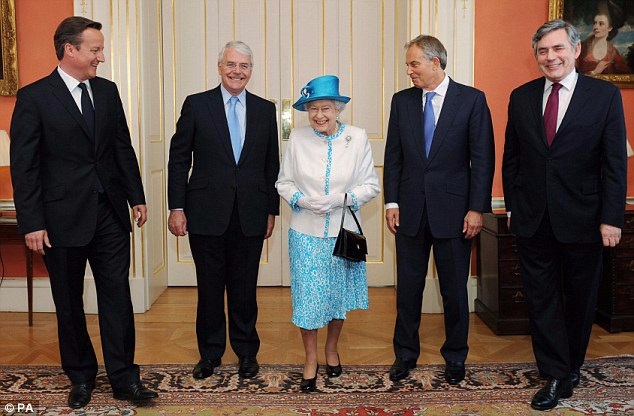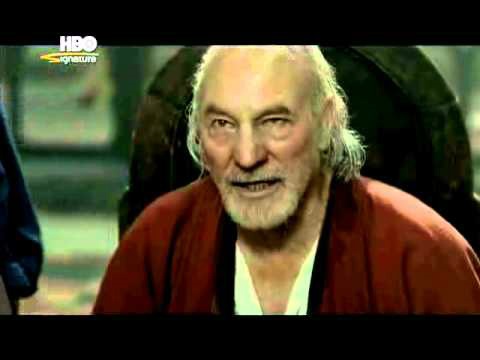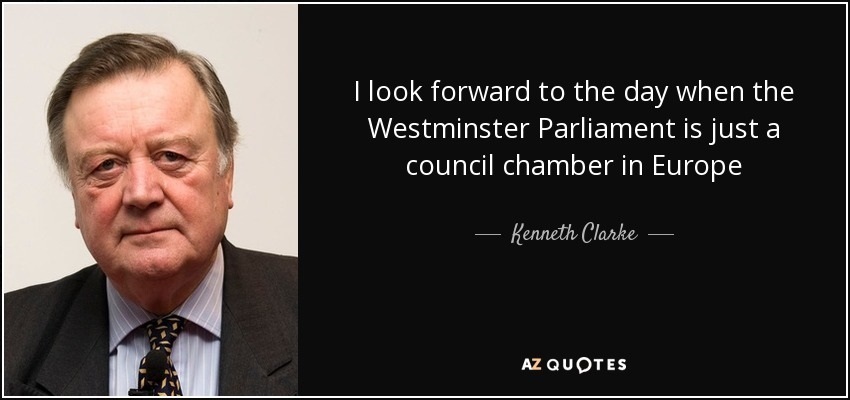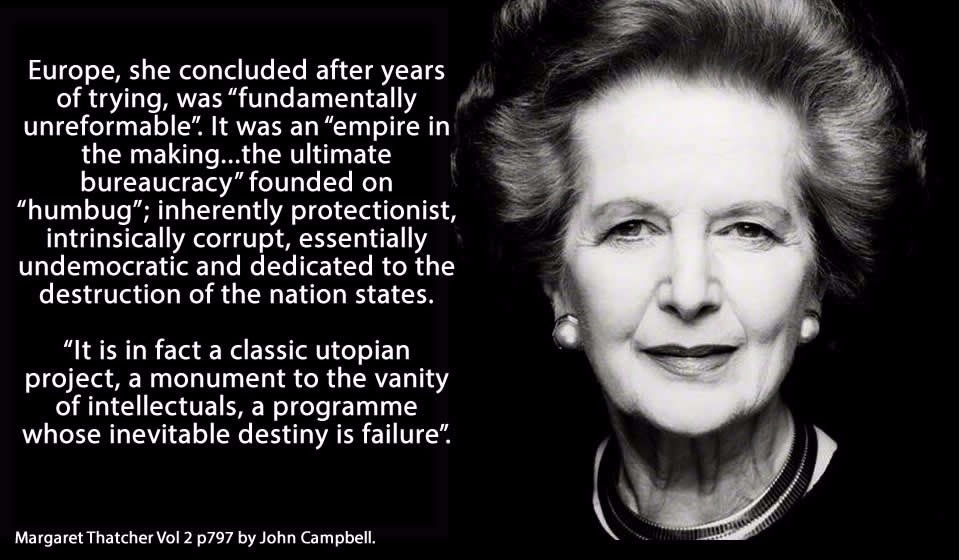The Punishment should fit the Crime.
'Some MPs have subsequently claimed that `Parliament can do whatever it likes'.
But that isn't true, of course. Political parties are not recognised in our system of government and Parliament do not have the right to change the whole nature of Britain's constitution. We have (or are supposed to have) an elective democracy not an elective
dictatorship. Parliament may, in law and in day to day issues, be the sovereign power in the state, but the electors are (in the words of Dicey's `Introduction for the Study of the Law of the Constitution' published in 1885) `the body in which sovereign power
is vested'. Dicey goes on to point out that `in a political sense the electors are the most important part of, we may even say are actually, the sovereign power, since their will is under the present constitution sure to obtain ultimate obedience.' Bagehot,
author of The English Constitution, 1867, describes the nation, through Parliament, as `the present sovereign'.
The problem
was that since Heath had ignored the constitution duties and requirements of Parliament and had signed the entrance documents illegally the words `stay in' were deceptive. We couldn't stay in the EEC because, constitutionally, we had never entered. We couldn't
enter the Common Market because Parliament did not have the right to sign away our sovereignty.
Britain's entry into the Common Market
(later to be transformed into the EU) was also illegal for another reason. The Prime Minister who signed the entry documents, Edward Heath, later confirmed that he had lied to the British people about the implications of the Treaty.
Heath told the electorate that signing the Treaty of Rome would lead to no essential loss of National Sovereignty but later admitted that this was a lie.
Edward Heath received a substantial financial bribe for taking Britain into the EU when he was Prime Minister.
The reward of £35,000, paid personally to Heath and at the time a substantial sum of money, was handed over to him (in the guise of The Charlemagne
Prize) for signing the Treaty of Rome.
Because of Heath's dishonesty we never actually joined the Common Market.
And so all the subsequent treaties that were signed were illegal.
Britain's Treason Act (1351) is (at the time of writing) still in place. It states `that treason is committed when a man be adherent to the King's enemies in his realm, giving them aid and comfort in the realm'.
Precedents show that the British constitution (which may not be written and formalised in the same way as the American
constitution is presented) but which is, nevertheless, enshrined and codified in the Magna Carta (1215), the Petition of Right (1628), the Bill of Rights (1689) and the Act of Settlement (1701) requires Parliament to consult the electorate directly where constitutional
change which would affect their political sovereignty is in prospect. (The 1689 Bill of Rights) contains the following oath:
'`I do declare that no foreign prince, person, prelate, state or potentate hath or ought to have jurisdiction, power, superiority, pre-eminence or authority
within this Realm.''
Since this Bill has not been repealed it is clear
that every treaty Britain has signed with the EU has been illegal.'
- Vernon Coleman OFPIS 2011








